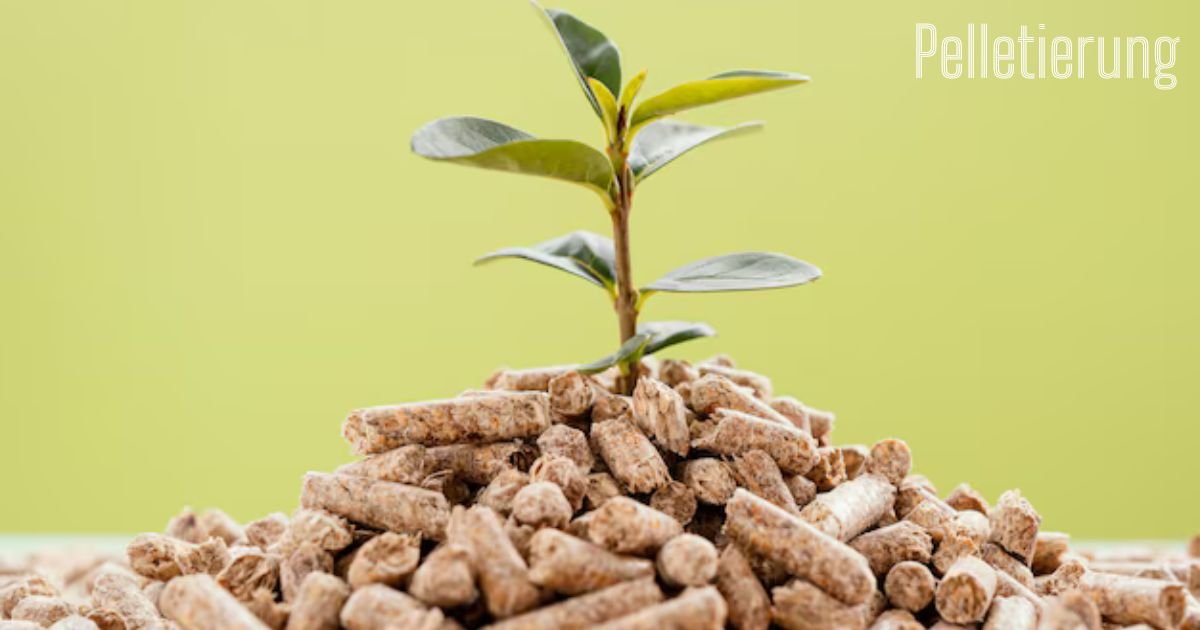Ciulioneros is a term that may not be widely recognized outside of specific regions or cultural circles, but its significance is deeply rooted in history and tradition. This fascinating cultural identity, group, or phenomenon holds a wealth of stories, traditions, and values that have shaped its community over the years. In this article, we will explore who the Ciulioneros are, what makes their culture unique, and how their traditions continue to impact the present day. Whether you’re a cultural enthusiast or someone simply curious about the world, this exploration of it will provide insight into a rich and unique heritage.
The Origin of Ciulioneros
The term “Ciulioneros” is rooted in ancient traditions, dating back to a time when communities were formed around shared beliefs and practices. While the exact historical details of Ciulioneros might vary, their origin is often linked to the geographical and social dynamics of specific regions. Their name might have been derived from local dialects, pointing to a distinct cultural or professional identity within their community. Over time, the Ciulioneros developed their unique customs, which set them apart from surrounding groups.
Cultural Significance of Ciulioneros
The Ciulioneros have a rich cultural heritage that includes a wide range of rituals, symbols, and social structures. Their cultural practices reflect a deep connection to the land, their ancestors, and spiritual beliefs. Festivals, religious ceremonies, and oral storytelling are integral parts of their culture, often celebrated with great enthusiasm by the community. These traditions not only foster a sense of belonging but also serve as a means of preserving their history for future generations.
Values and Beliefs
At the heart of Ciulioneros culture lies a strong emphasis on community, loyalty, and respect for tradition. They believe in the power of collective effort and often organize themselves into close-knit groups that work together to achieve common goals. The concept of honor plays a crucial role in their daily lives, with each member striving to uphold the reputation of their family and community. This value system creates a sense of unity, fostering an environment where people support one another and protect their shared heritage.
Unique Traditions of Ciulioneros
One of the most fascinating aspects of the Ciulioneros is their unique traditions, which have been passed down through generations. These traditions include specific ceremonies that mark significant life events such as births, marriages, and deaths. Each event is accompanied by carefully planned rituals, symbolizing the connection between the physical and spiritual worlds. Their traditional clothing, food, and dance further reflect their cultural identity, offering a vibrant glimpse into their way of life.
Ciulioneros in Art and Craftsmanship
Ciulioneros are also known for their artistic skills, particularly in craftsmanship. From intricate carvings to beautiful textiles, their art reflects the complexity and beauty of their culture. These crafts are not merely decorative but carry symbolic meanings, often representing important cultural stories or beliefs. The craftsmanship of it has gained recognition beyond their community, with many collectors and historians valuing their works for their artistic merit and cultural significance.
Language and Communication
The language spoken by it plays a critical role in maintaining their cultural identity. It is more than just a means of communication; it is a way of preserving their history and passing down their stories. Unfortunately, like many indigenous languages, the language of it faces the risk of extinction. However, efforts are being made to revitalize and preserve it for future generations. Language preservation initiatives include educational programs, cultural festivals, and the documentation of oral traditions.
Modern Challenges Faced by Ciulioneros
Despite their rich history and cultural significance, the Ciulioneros face several modern challenges. Globalization, urbanization, and external influences have all contributed to the erosion of traditional ways of life. Many younger members of the Ciulioneros community are moving away from their homeland in search of better economic opportunities, leading to a decline in the transmission of cultural knowledge. Additionally, environmental changes threaten the land and resources that have sustained their community for centuries.
The Role of Elders in Preserving Tradition
In Ciulioneros culture, elders hold a special place of respect and authority. They are seen as the keepers of wisdom, responsible for teaching younger generations about their history, customs, and values. The role of elders is especially important in the face of modern challenges, as they serve as the primary link to the past. Through storytelling, ritual leadership, and mentorship, they ensure that the culture of it remains alive and vibrant.
Community and Social Structure
The Ciulioneros have a strong sense of community, with social structures that emphasize cooperation and mutual support. Their communities are often organized around extended families, with each member contributing to the welfare of the group. Decisions are made collectively, often with input from elders or community leaders. This social structure helps to maintain harmony within the group and ensures that cultural traditions are upheld.
The Environment
A deep respect for the environment is a cornerstone of it’s culture. They have long understood the importance of living in harmony with nature, relying on sustainable practices to meet their needs without depleting natural resources. Their traditional knowledge of agriculture, hunting, and fishing is passed down through generations, ensuring that they can continue to live off the land while protecting it for future generations.
Preservation Efforts for Ciulioneros Culture
In recent years, there has been a growing movement to preserve the culture of the Ciulioneros. This includes documenting their oral traditions, promoting their language, and raising awareness about the importance of their cultural heritage. Non-governmental organizations, cultural institutions, and community members are working together to create programs that support the preservation of their culture in the face of modernization.
Ciulioneros in the Modern World
Although the Ciulioneros face challenges in preserving their culture, they have also adapted to the modern world in many ways. Technology and social media have provided new platforms for sharing their stories and traditions with a broader audience. Younger generations are finding innovative ways to honor their heritage while embracing the opportunities offered by the modern world. This blend of tradition and modernity ensures that its culture will continue to thrive in the years to come.
Conclusion
The Ciulioneros culture is a testament to the resilience and adaptability of indigenous communities. Despite facing numerous challenges, they continue to preserve their traditions and values, ensuring that their heritage remains alive for future generations. Through their deep connection to the land, their strong sense of community, and their commitment to honoring their ancestors, It offer valuable lessons about the importance of cultural preservation in a rapidly changing world.
FAQs
Who are the Ciulioneros?
The Ciulioneros are a unique cultural group with rich traditions and a deep connection to their land and community.
What are the key values of the Ciulioneros?
Community, loyalty, respect for tradition, and environmental sustainability are core values of the it.
What challenges do the Ciulioneros face?
They face modern challenges such as globalization, urbanization, and the decline of their traditional ways of life.
How are the Ciulioneros preserving their culture?
Through educational programs, cultural festivals, and language preservation efforts, the Ciulioneros are working to keep their heritage alive.
What role do elders play in Ciulioneros society?
Elders are seen as the keepers of wisdom and tradition, responsible for passing down cultural knowledge to younger generations.











